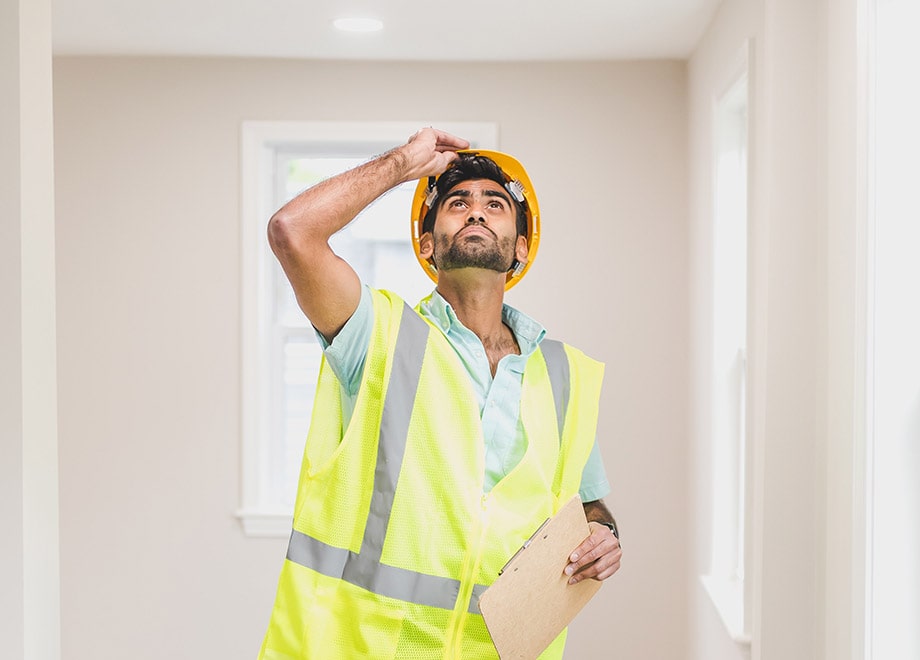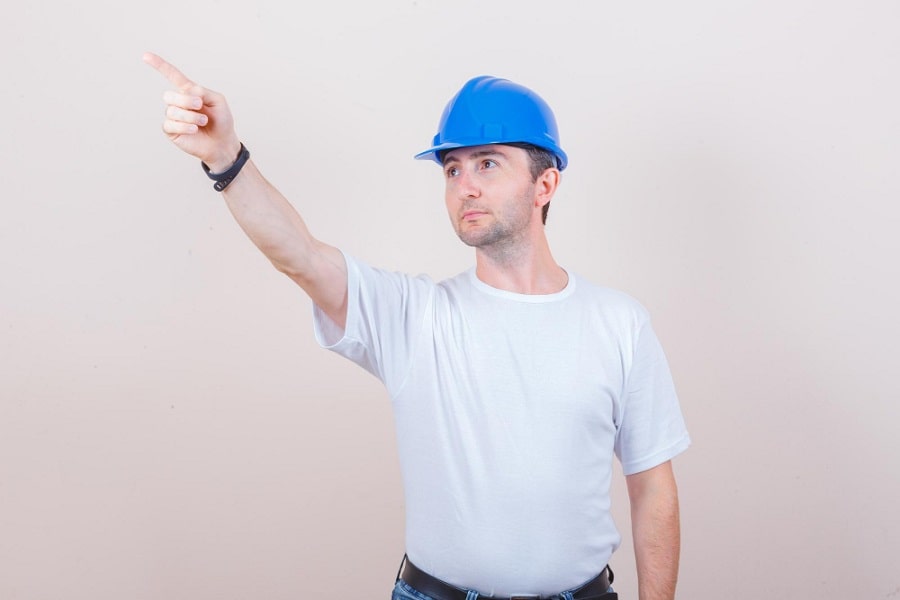Residential Roof Inspection for Tampa Homeowners
Learn all about residential roof inspection for Tampa homeowners. A certified roof inspection is often required for insurance.

Residential Roof Inspection for Tampa Homeowners
A home's roof is one of its most essential and practical features. It is also a costly investment that requires proper maintenance and care. For this reason, various parties with a financial interest in a home, including mortgage companies, insurers, homebuyers, and homeowners may request different types of roof inspections for various reasons.
Types of Roof Inspections
Because there are different types of roof inspections conducted for various different purposes, you must clearly establish the type of inspection you need first. Before hiring anyone to inspect your roof, verify that he or she is certified to conduct the specific type of inspection you need and qualified to provide the reports you are seeking.
Insurance Inspections
Inspections for insurance purposes should be handled by a certified public adjuster, inspector, or engineer who can fill out the necessary paperwork and complete detailed reports on your roof's condition. For instance, Florida insurance carriers usually require homeowners with roofs over 25 years old to complete an RCF roof inspection that is documented on a Roof Condition Certification Form.
Homebuyer Inspections
Those looking to assess the condition of a home's roof prior to closing on the purchase of a home should hire a home inspector to look for signs of damage and provide reports that could help in price negotiations.
Building Code Inspections
Inspections to ensure compliance with building codes are conducted by city inspectors. These inspections are typically arranged by the roofing contractor handling your repair or installation job.
Maintenance Inspections
Roof inspections for the purpose of maintaining, repairing, or replacing your roof should be handled by a licensed roofing contractor. Getting your roof inspected by a licensed roofer is essential to keep it in good condition. It can prolong the lifespan of your roof and prevent costly roof repairs.
For maintenance purposes, you should have a roof inspection at least once a year. Keep in mind that some roofing problems are difficult to detect. That's why it is important to hire a reputable roofing contractor to thoroughly assess the condition of your roof.
Signs of Roof Damage
With the frequent storms we experience in Tampa, it is advisable to look out for signs of damage following any harsh weather event. Look for:
- Visible shingle damage
- Gutter and downspout problems
- Dents or scratches around roof features
- Signs of moisture in the attic
- Stains on walls and ceilings
- Warped rafters in the attic
- Missing or damaged flashing
- Granule loss
- Broken vent pipes
- Heavy debris on your roof
If you see any of these signs, call your local roofer right away for a thorough inspection.

What can you expect from a professional roof inspection?
Depending on the type and purpose of the inspection, the home inspector, adjuster, engineer, or roofing contractor will thoroughly examine different aspects of your roofing system. This may include the foundation, structural support, and the stability of the roofing material. Your inspector will look for signs of roof damage and other weak areas that can lead to future problems.
Here are some of the areas they may focus on:
Structural Inspection of the Entire Roofing System
The objective of a structural roof inspection is to determine the overall condition of your roof. This part of the inspection includes searching for signs of weak roof features that can point toward a sagging roof.
The structural inspection does not really focus on looking for normal wear damage or checking the condition of roofing materials. The key here is to carefully examine the main structural components of the roof. Here are the signs a roof inspector or contractor needs to look for:
- Tilting or leaning exterior walls
- Sagging ceilings
- Missing or damaged collar ties
- Missing or damaged rafters
- Cracked, rotted, splintered, or trusses
The inspector also needs to check the condition of the fascia, roof vents, gutters, and soffit. If you have any chimneys or skylights, the inspector will also check them for any signs of roof damage.
Material Inspection to Determine the Condition of the Roof and Estimate the Remaining Useful Life
The inspection includes a comprehensive evaluation of the roofing materials. The inspection depends on the materials used. For a metal roof, the most common problems to look for include oil canning, dents, scuffs, and scratches.
For shingles and other materials, they need to check for other signs of damage like missing flashing, rust and water stains, moss, and algae growth. This part of the inspection may also include checking underneath the roofing material.
Interior Inspection to determine the roof health and tightness
Since a roof leak can significantly damage your property, the roof inspector may need to carefully evaluate the interior walls, ceilings, and attic. Some of the signs to look for include water stains on the walls or ceiling, mold, and rot.
Workmanship Inspection
Workmanship inspections can validate your workmanship warranty in case you worked with a licensed roofing contractor. Here, the roof inspector needs to thoroughly evaluate the installation process. They need to check for any signs of problems that could lead to leaks and further damage.

Homeowner Roof Inspection vs. Professional Roof Inspections
Some homeowners think that hiring a professional to check their roof is a waste of time and money. This is not true! Yes, you can easily spot obvious roof problems like damaged shingles or visible roof leaks. But, as mentioned earlier-- some problems are not easy to detect and usually require a professional roof inspection. In addition, for official documentation, you will need a professional opinion.
If your roof is relatively new (under 5 years old), shows no signs of interior damage, and hasn't been exposed to severe weather conditions, then you can probably get by with a visual inspection. For seasonal inspections or if your roof is over 10 years old, it is best to hire a local roofing company in Tampa Bay.
Roofing Analysis
An inspector, adjustor, or licensed roofing company can provide you with a detailed roof inspection report. The report will vary depending on the type and purpose of the inspection, but may include the following:
- Overall condition of your roof
- Areas that require immediate action (subsequent repairs, roof replacement, etc.)
- Recommended materials for your new roof (for roof replacement)
In addition to the detailed report of their roofing analysis, any contractor should provide you with an estimate of the cost of their services.
Benefits of Roof Inspections
Surprisingly, many homeowners still overlook the importance of a roof inspection. The only time they have their roof evaluated is when they start to experience the problem. Here are the benefits of a preventive roof inspection:
- Prolong the lifespan of your roof
- Protect your roof warranty
- Improve safety
- Early detection of potential problems
- Helps you manage your budget
- Validate your insurance claims
- Awareness during real estate transactions
- Peace of mind
- Detect storm damage
Hiring a Qualified Local Company
Hiring a qualified local company to inspect your roof is imperative. At Affordable Roofing Systems, we provide comprehensive roof evaluations for roof maintenance, roof repair, and roof replacement purposes. Our team will carefully examine every component of your roof. We also provide complete roofing services, including repairs and roof replacement. Get a free estimate now!
